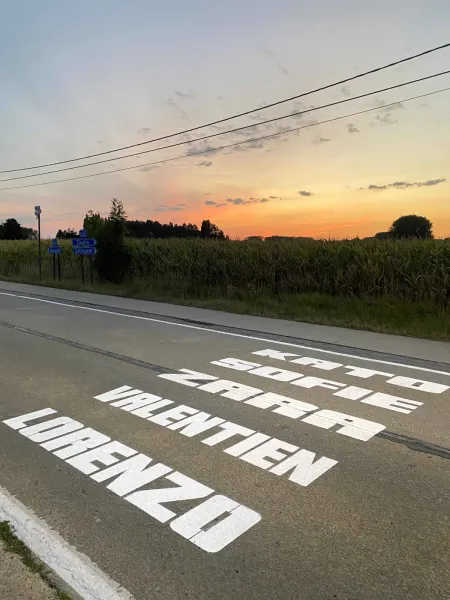HAK Launches Enhanced SMS Support on Emergency Number 1987 – a Communication Solution to Address the Needs of Individuals with Disabilities
The Croatian Automobile Club (HAK) has introduced a new SMS assistance service on the emergency number 1987, designed to better support people with disabilities, especially those who are deaf or hard of hearing. Now users can send an SMS to 1987 with their location, vehicle details and description of the problem to quickly receive roadside assistance.







